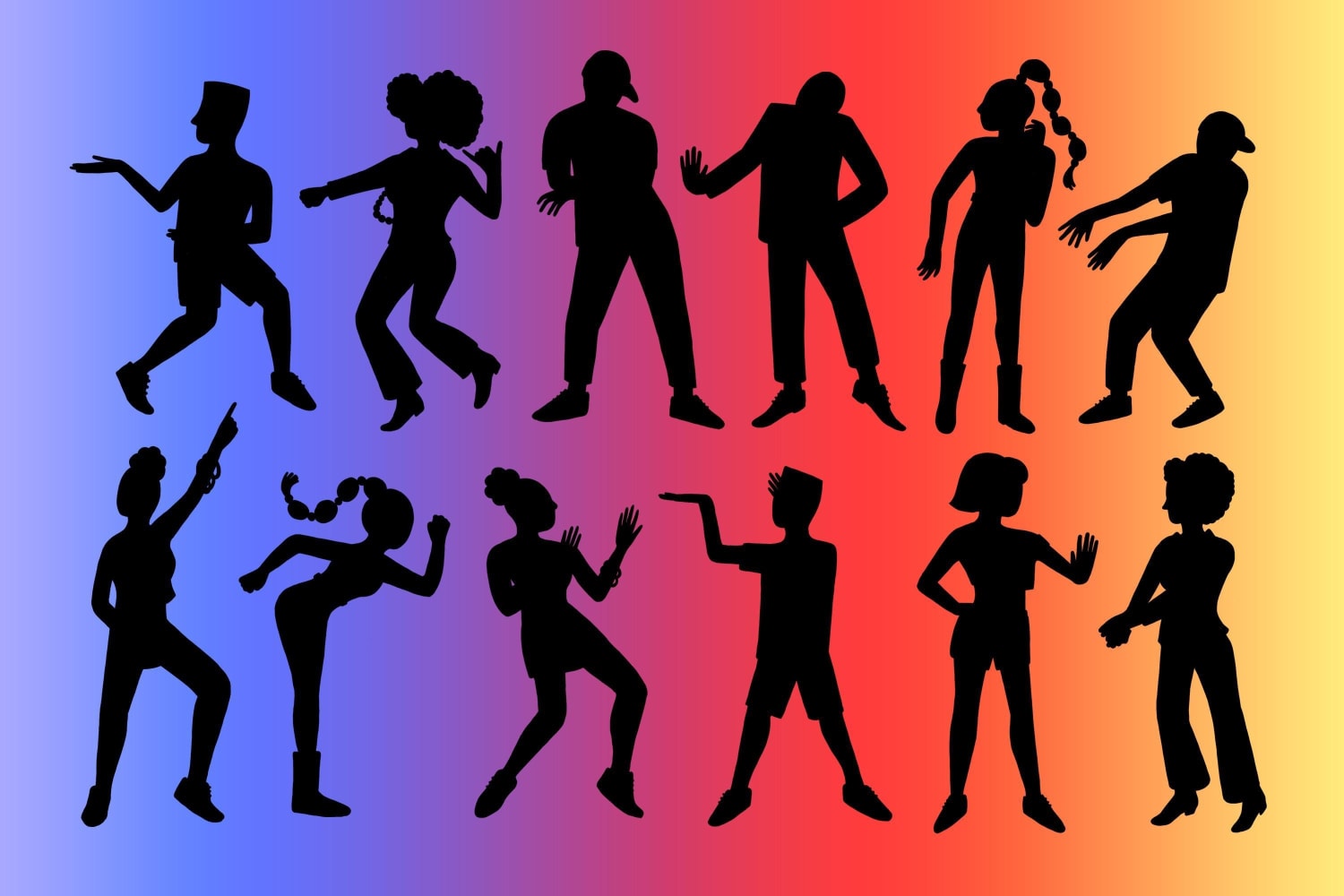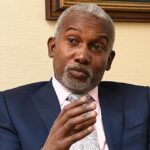Nigerians love to party, chill and relax and you cannot have all of this without music. They love to dance and do so to virtually every rhythm they hear, apparently, dance is embedded into our DNA.
And when it comes to the kind of music that would give Nigerians the ginger (motivation), our musicians don’t disappoint! as over time they have pioneered or made popular some dance steps to help their fans groove to their vibes.
- Insecurity: Nigeria needs divine intervention, says Pastor Enenche
- MC Oluomo calls ex-girlfriend ‘lovely woman’ on her birthday
Over the years, different songs have been released by various artistes and either to popularise their songs or create a certain vibe for their fans, these singers take their creativity to the fore by attributing a dance step to their hit records.
Each with a dance step unique to its tone and rhythm, some of these tracks and dance steps have gone viral in Nigeria and beyond. Once a track is being played, there’s a step to it and Nigerians – both young and old will never disappoint!
Need I remind you that today is Thursday? and what better thing to do than to go back in time to examine various dance moves that rocked the Nigerian dance floors.
Galala by Daddy Showkey
This dance was first created within the Nigerian “Ghetto” community residing mainly in a district called Ajegunle. This style of dancing was then popularised by a singer born in the Ghetto community known as “Daddy Showkey” (born John Asiemo). He was extremely popular in the district of Ajegunale during the 1990s. There are no particular costumes that are worn in this dance since it is extremely casual in its style, and is not a tribal dance either.
“Reggae” style of music is basically involved in this dance form. Therefore the musical instruments used include percussion, bass, drums, guitar, synthesizers, organ, piano, brass instrument, and melodica. It involves backward movements of the legs and forward movements of the hands.
Skelewu by Davido
Nigerian Afro-pop singer, David Adeleke popularly known as Davido wowed everyone with his hit single released on August 18, 2013; Skelewu. The singer followed it up with a beautiful dance step to promote the song.
The song gave the Nigerian artist recognition both at home and abroad; most memorable was when it was played during the halftime of a Spanish La Liga match.
Shakiti Bobo by Olamide
This dance step went viral after Nigerian rapper, Olamide released his hit single, ‘Bobo’ in 2015.
In what looked like a mere freestyle when it was first released, Olamide’s Bobo became a monster hit when its visual was released with a trending dance step that many embraced with both arms.
Alanta by ArtQuake
Alanta dance became a dance ‘virus’ after the release of the single ‘Alanta’ by the 2-man group, Artquake. It was said that the originator of the move is the late Ajegunle singer, Peter Alanta, who came into the limelight in the early 2000s.
The dance involves a crazy movement of the arms and legs in an alternate manner and crazy facial expressions that were slightly debasing, beating an imaginary drum on the stomach.
To pull off this dance move, you probably have to imagine an imaginary cockroach is crawling over your body. Alanta could genuinely put you in a state of shock and dismay.
Alingo by PSquare
“Alingo” is a song by Nigerian duo P-Square. It was a bonus track on their sixth studio album, Double Trouble which was released in 2014.
The track became popular due to its controversial dance moves. The duo first announced the Alingo dance during the Love Afrobeats Festival Press Conference. They said the pace of the dance makes it complicated for a lot of people.
After uploading the music video for “Alingo” onto YouTube, the duo received numerous criticism from people who felt the song’s dance moves bear a close resemblance to the Azonto dance.
Shoki by Lil Kesh
Shoki is a Yoruba slang that means ‘quickie’ and it was popularized when a Nigerian rapper, Lil Kesh released his hit single in 2014 with the same name.
While doing Shoki, the dancer shakes his head in a wild manner, lifting an imaginary load with both hands – one in front and the other slightly behind it – the legs are also moved in the direction of the load while making silly facial expressions.
Azonto popularised by Wizkid
Azonto is a dance and music genre from Ghana by the Ghanaian singer Fuse ODG whose monster hit song ‘Azonto’ featuring Tiffany was released on the 27th of Oct 2011. The track gained more popularity when Wizkid did a freestyle. It has gone on to become one of the greatest dance movements in the last decade, spreading from Ghana to other African countries and Europe.
It began with one- or two-step movements but has been advanced to more complex and almost acrobatic movements. Just like most African dances, Azonto involves knee bending and hip movements. The dance has effectively evolved from a few basic moves to mimicking everyday activities especially ones concerning people’s livelihoods, or moves that are meant to amuse an audience.
Yahooze by Olu Maintain
Kennis Music star, Olu Maintain released “Yahooze” in 2008 and created madness across the country. It involved popping two figures in the air in the like manner of spraying imaginary money. As usual, it started all simple, until Nigerians got crazier with it and developed its steps to various styles.
Yahooze was a force that launched an artiste’s solo career and dominated the country for over a year.
Makossa by Awilo
In many ways, makossa may have been the first dance trend of the 2000s. The dance trend rode on the spread of a very rhythmic Congolese sound of the same name.
Riding on the wave, artistes like Koffi Olomide and Awilo Longomba toured the continent with their massive hit songs and everywhere they went, Makossa became a wave, a vibe and everything else, especially in Nigeria.
Makossa means “dance” in the native tongue of Cameroon’s Douala, and it really made us dance.

 Join Daily Trust WhatsApp Community For Quick Access To News and Happenings Around You.
Join Daily Trust WhatsApp Community For Quick Access To News and Happenings Around You.


